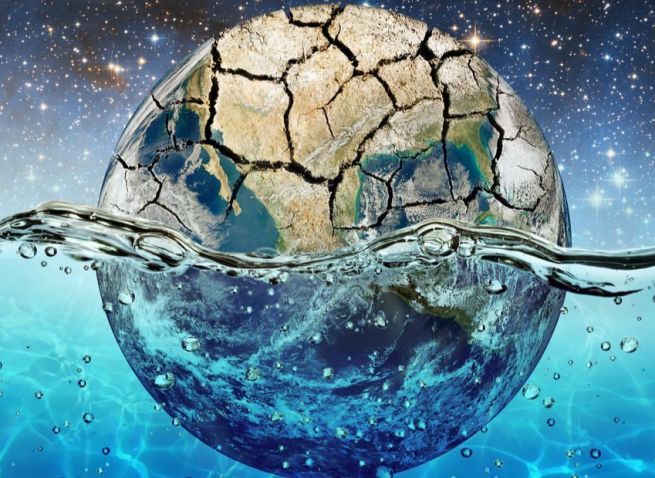Saudi Hesitation about FTA between PGCC and China
Strategic Council Online – Interview: A former Iranian diplomat said about the hesitation of Saudi Arabia to interact with China in the framework of the free trade agreement between China and the Persian Gulf Cooperation Council: This issue does not have just economic or political reasons. The reasons for this delay have changed momentarily due to regional and international developments and are definitely in line with the interests of each of the parties to the agreement.









